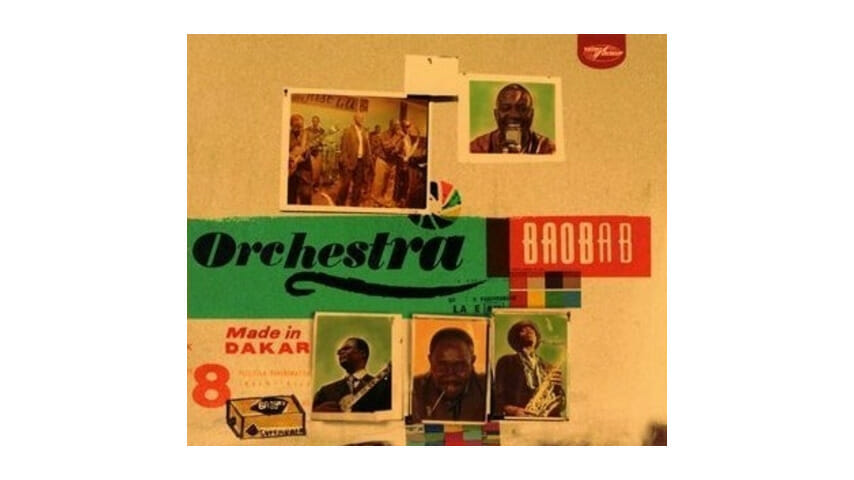Orchestra Baobab: Made in Dakar

Senegalese pioneers restore luster of cosmopolitan Afropop classics
“The Black Atlantic” is the term black British scholar Paul Gilroy coined to convey how the Atlantic Ocean has shaped the growth of black culture and identity. The ocean, Gilroy argued, hasn’t so much divided black culture as it has unified it. From the days of slavery to the anti-colonial movement to the dawn of globalization, black arts, ideas and politics have developed at least as much through movement and exchange back and forth across the water as they have in specific locales.
Music is an arena in which this constant process of exchange has been especially sophisticated and clearly discernable. It isn’t just that Africa supplied the raw materials of rumba, mambo, jazz and blues. It’s also that, over time, African musicians have imported these musics back as finished products, only to reinvent them anew in a kind of organic cultural remastering.
-

-

-

-

-

-

-

-

-

-

-

-

-

-

-

-

-

-

-

-

-

-

-

-

-

-

-

-

-

-

-

-

-

-

-

-

-

-

-

-








































